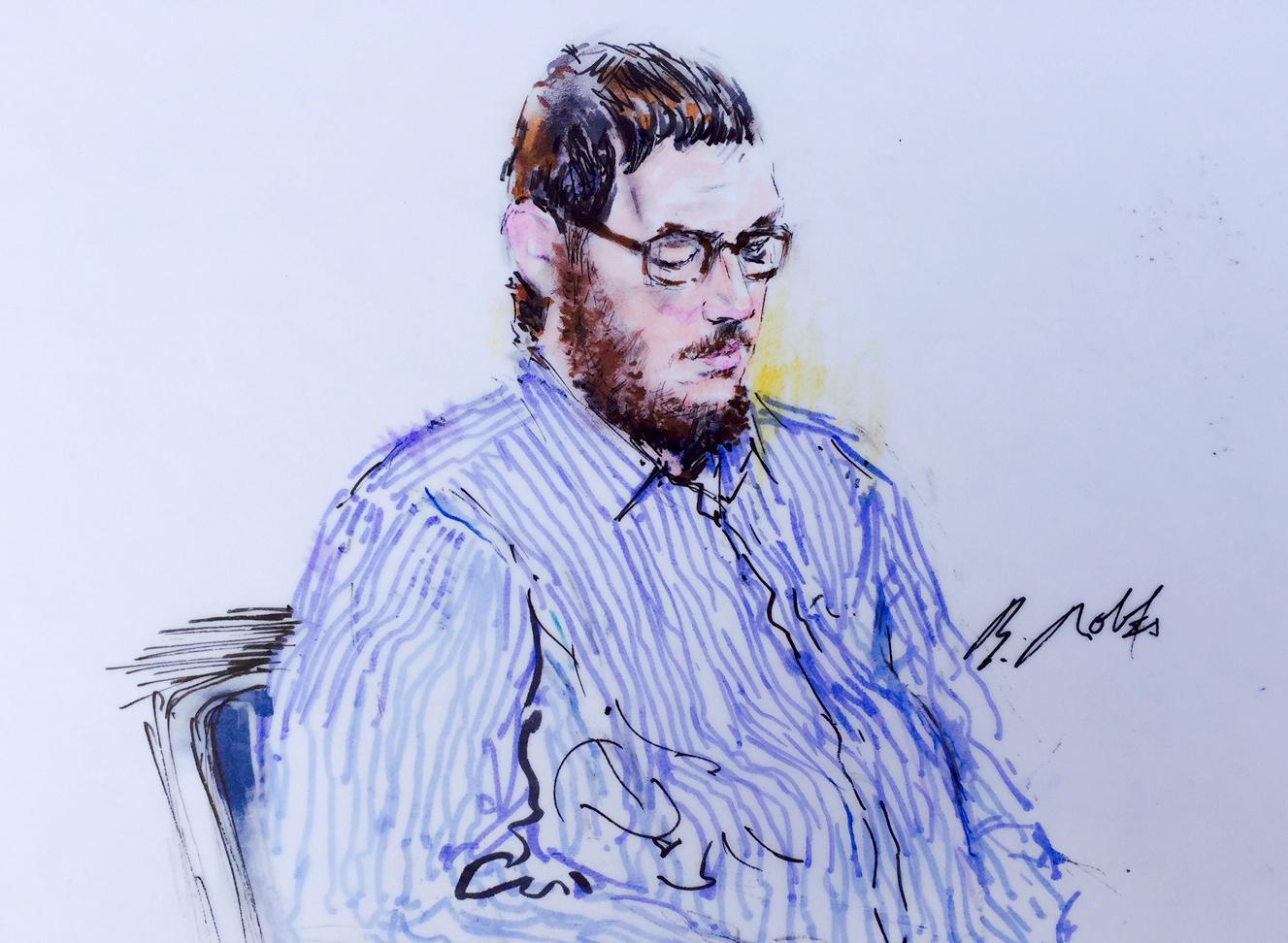
Posted 6:30 a.m. | Updated 10:15 a.m.
The psychiatrist who treated James Holmes in the months before he opened fire on a crowded Aurora movie theater in 2012 testified Tuesday that she had no indication that he planned the attack.
Dr. Lynne Fenton began treating Holmes while he was in graduate school at the University of Colorado. He had checked himself into the student mental health center, and a social worker referred him to Fenton.
"She thought he was one of the most anxious people she ever had seen. She thought he had obsessive compulsive disorder, that he had thoughts of killing people, but she didn’t think he was imminently dangerous," Fenton said of the social worker's experience with Holmes.
Fenton's testimony stands apart from other psychiatric experts who have testified in the Holmes trial. They examined him after he admitted to killing 12 people and injuring 70. Fenton treated Holmes before the shooting.
She said Holmes expressed bizarre homicidal thoughts. He said at one point killing people would solve his problems, but later added he didn’t think that would work because he couldn’t kill everyone. He seemed to be dismissing the idea of homicide as an effective solution.
And while Holmes may have had homicidal thoughts, the psychiatrist says he never divulged a specific target, or a plan to her.
'Functioning well'
Fenton, who is being sued by a family of a victim in the case for not putting Holmes on a psychiatric hold before the shooting, says she saw Holmes about half a dozen times, but he suspended treatments after dropping out of graduate school. In their last session, Fenton says Holmes was relieved that school was over, and said he would have to get a job.
"It was all sounding like he was functioning well, and looking ahead to the future and had very reasonable plans on how to get by and what he was going to do after he left the program," she said.
District Attorney George Brauchler has the burden under Colorado law to prove that Holmes was sane at the time off the attack. He asked Fenton a series of questions about things Holmes has told other psychiatrists.
"Does he ever tell you at any of the sessions you had with him that he’s hearing voices?" he asked.
"No," she replied.
"That he is seeing things like hallucinations?"
"No."
"Does he tell you that he’s seeing shadows in his third lab rotation?"
"No.:
"How about flickerings?" Braucher asks.
"No."
"Flashes?"
"No."
On cross examination, Holmes’ attorney, Tamara Brady, pointed out that her client was exhibiting paranoid behavior -- that he believed Fenton wanted to lock him up. And Brady came back to the topic of Holmes’ homicidal thoughts.
"He told you on March 21 of 2012 that he thinks about homicide three to four times a day?" she asked Fenton.
"Yes," Fenton replied.
Then, Brady questioned Fenton about a report on Holmes’ in whicb she wrote he may be shifting into a psychotic disorder.
"So you were at least considering that he was sort of shifting into a schizophrenic state?
"Correct," Fenton replied.
Former prosecutor Karen Steinhauser says both sides used Fenton to bolster their case. And in the end the jurors are still left with a tough question to answer: Not whether somebody is insane a year after the fact, or two years after the fact, or today, but whether he was insane at the time he committed these crimes.
Holmes faces the death penalty if convicted. And Steinhauser said that even if jurors find him guilty, the defense may well bring up these issues of mental illness at his sentencing.









